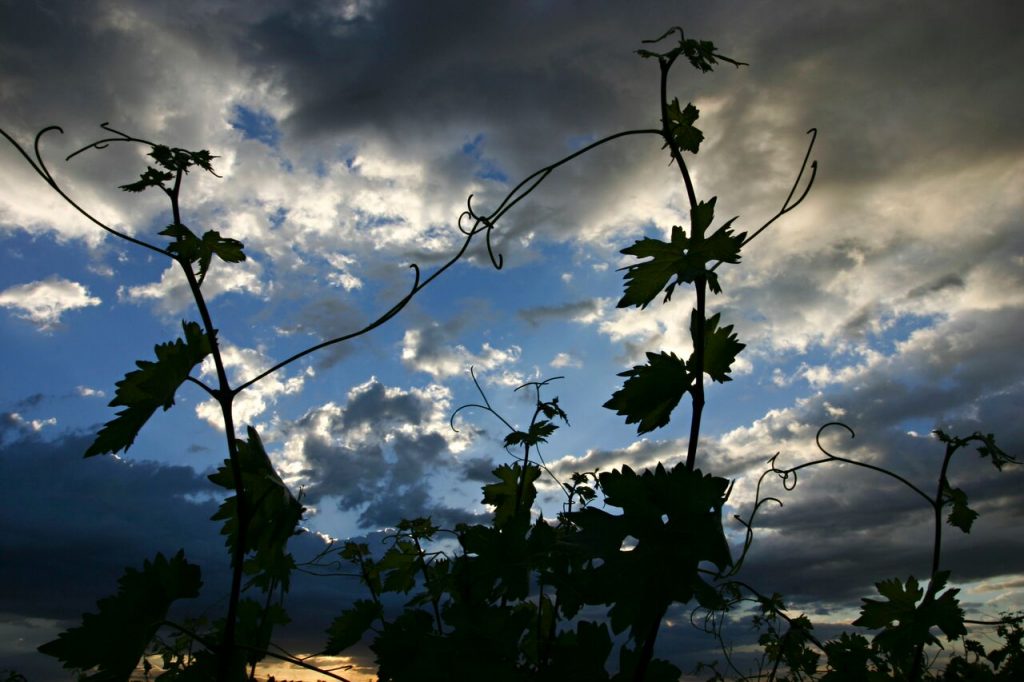The production of organic wines is making progress here in Argentina, and some of these wines are doing well in the most demanding markets.
The global surface area under organic certification has doubled over the last decade. An increase which is responding to the constant demand from every corner of the planet. The reason can be found in a change of habit. According to studies by the European Union, for example, 35% of its inhabitants prefer foods free of chemicals, pesticides, fungicides and chemical fertilisers. And they are not alone.
This preference has awakened the desire for foods made with the environment in mind, add to this the peace of mind one gets from eating healthily, and there are even consumers who say it tastes better.
Within this group of products, organic wine is playing a leading role and those responsible for it are considered experts on the topic of the environment. Its progress in the market has exceeded average statistics: from 2004 to date, the global surface area of organic vineyards has tripled to reach 256,000 hectares, 80% of which is in Europe.
In Argentina, its organic vineyards are all certified and cover an area of 2,500 hectares. The fruits are used by sixty producers to produce natural wines. Exportation wise: wine grapes intended for sale off shore, according to official sources, amounted to 10,659,526 kilos, more than three times the values of 2003. If we convert to litres produced, with a yield of 70%, it would total 7,500,000 bottles.
A terroir of opportunities
“The wine regions of Argentina offer agro-ecological conditions ideal for the production of organic wines,” said Patricia Garcia, president of Letis, a company in charge of certifying the correct organic practices at regional vineyards. The vast majority of vineyards in the country are located in arid areas, with dry climates and plenty of sunshine, which means there is no need for synthetic products for ensuring healthy vineyards. These regions, far away from urban and industrial centres are free from pollution and contamination, as well as being surrounded by wonderful biodiversity. Even wineries not intending to produce organic wines can discard the use of synthetic products. In that sense, Sebastián Zuccardi, whose family winery has been certified for organic wines since 1999, says: “In Mendoza, we conduct about three annual examinations of the vineyards, as a preventative measure, with sulfur and copper (natural products authorised by organic practices) while in other parts of the world this can reach up to ten or twelve.
“In addition to the agro-ecological conditions to obtain the raw materials naturally, the practices carried out in the vineyards and the transformation processes in the country adapt to the highest international standards,” said Patricia Garcia. To these natural factors we add the habits of natural cultivation, developed over years by local producers. They limit the intervention of the vineyards and its wines with the premise that many have learned from the father of Argentina’s wine industry, the priest Francisco Oreglia, who said: “The best wine is always the most natural.”
“Developing these wines is a personal decision that requires a philosophy of work and great responsibility”, says Alex Macipe, manager of Bodega Krontiras, whose wines have organic and biodynamic certification. A conviction it shares with other producers such as Domaine Bousquet, Colomé, Ernesto Catena, Chakana, Noemía, Familia Zuccardi, Vinecol, Caligiore and Alpamanta, to mention some whose wines are available in dozens of markets.
International standards
In contrast to other eras, Argentine organic wines are found within the premium segment. No longer are cheap wines made at the request of customers, instead they offer the quality required by the most demanding markets in the world. In fact, the main destinations for these bottles are the European Union (80%), United States (10%) and Asia (5%), all with rigorous controls and quality standards.
There are only two factors that are challenging for organic farmers: soil fertility and weed control. “As desert soils are nutritionally poor, compost and manure are used to improve them. Weeding can be a slow and expensive process, but it’s worth it “, Zuccardi explains.
As more producers approach certification to start the conversion work, the same certifiers estimate that in the coming years the surface of organic vineyards will increase by 15%. A breakthrough that honours a strong commitment to the environment, and places Argentina among the countries with the greatest market of organic wines.
[:]




Pingback: Weekly Wine News: 4th – 10th April |
Is there a list of organic wineries available?